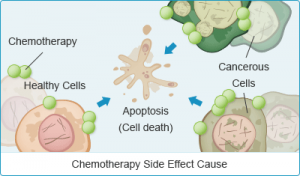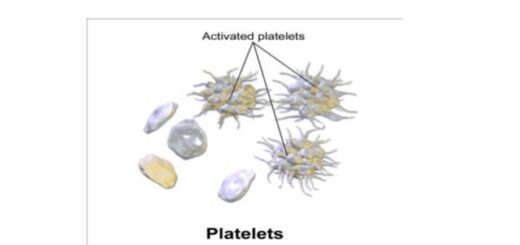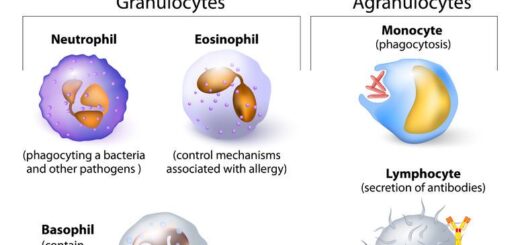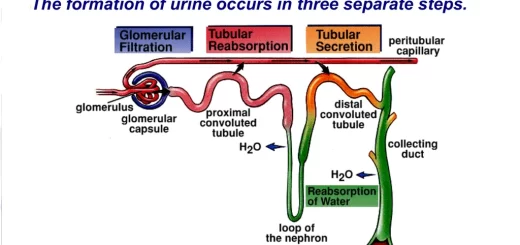Side effects of Chemotherapy after the surgery to remove cancer
Chemotherapy
The chemotherapy is the use of drugs to kill the cancer cells, It may be used alone or in the combination with the other treatments such as the surgery and the radiation therapy, depending on the tumor type and the extent of disease, Unlike the surgery, the treatment with the chemotherapy can be a long-term process with multiple courses of therapy given over time.
This schedule can lead to longer periods of weakness and it may affect the older adult with cancer in different ways than the younger people, For example, The older adults are at greater risk for the experiencing physical side effects from the chemotherapy which influences their quality of life.
Chemotherapy is one of the most common treatments for pancreatic cancer (using drugs to destroy cancer cells), For pancreatic cancer, The chemotherapy is used in several different ways, before or after the surgery to remove cancer (resection), when cancer has spread to the nearby structures like the blood vessels around the pancreas (the locally advanced pancreatic cancer).
When cancer has spread beyond the pancreas to the other parts of the body (the advanced or metastatic pancreatic cancer), on its own or in the combination with the radiotherapy, The chemotherapy drugs can be used in several different ways.
Side effects of chemotherapy
Unlike the radiation therapy and the surgery, The chemotherapy affects the entire body that increases the risk of side effects, Not all the drugs have the same side effects , they occur more often in older adults, The harmful reactions from chemotherapy are the only reason for about 10% of all hospital admissions for older people with cancer.
The side effects of chemotherapy include the lowered white blood cell, red blood cell, and platelet counts that can increase the risk for the infection , the anemia (a decrease in the red blood cells), bleeding, and bruising, The Stomach and the intestinal problems such as the nausea, the vomiting, the diarrhea, and the dehydration.
The most important side effect is the impact on your blood count, The chemotherapy can affect the bone marrow that produces the blood cells, So, It will cause the low levels of the red blood cells (anaemia) that can make you very tired and it sometimes makes you breathless.
The chemotherapy causes the low levels of the platelets (thrombocytopaenia) that can lead to the bleeding as the platelets help the blood clots to form, the low levels of the white blood cells called the neutrophils (neutropenia) that makes you more likely to get the infections.
The chemotherapy can damage the nervous system that may further weaken the person’s mental capacity (such as thinking or judgment the abilities), It can increase memory loss, and cause the fatigue and the nerve damage, It can cause screening for any health problems before starting the treatment and adjusting the dose or the type of the drug during the treatment often minimizes these side effects.
The chemotherapy drugs cause the blood clot forming in the vein (It is called the thrombosis, deep vein thrombosis or DVT), This is not very common, But having pancreatic cancer means you may be more likely to get the blood clot, and some chemotherapy drugs can also make it more likely.
The symptoms may include the swelling, the redness or the pain in your arms or legs, or the shortness of breath (if the clot is in your lungs), The blood clots are dangerous but they can usually be treated successfully.
Chemotherapy after surgery to remove cancer
If someone has had the surgery to completely remove cancer, This form of chemotherapy is called the adjuvant chemotherapy, It aims to try to reduce the chances of cancer coming back, The drug most used after the surgery to remove cancer is gemcitabine, Capecitabine can be used, 5-fluorouracil (5-FU) can be an alternative treatment option.
You should be recovered well from your operation before starting the chemotherapy treatment, You should be recovered from any complications of the surgery such as the chest infections or bleeding, You need to be back to the reasonable level of the normal activity and fitness.
Your wound should be healed, with no signs of infection, You have to be able to eat and drink well, and your bowels should be working normally, The chemotherapy will usually start within 12 weeks of the surgery, and it will be planned to be given for six months.
The advanced cancer care and surgical treatment of cancer
What are the different signs, symptoms and stages of cancer?




